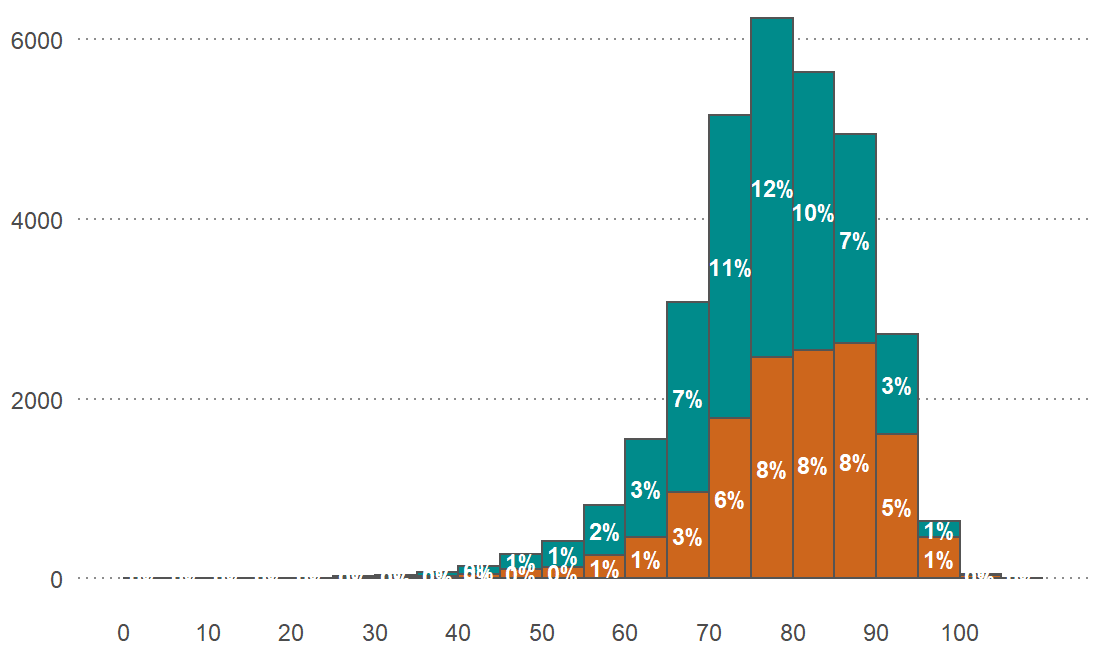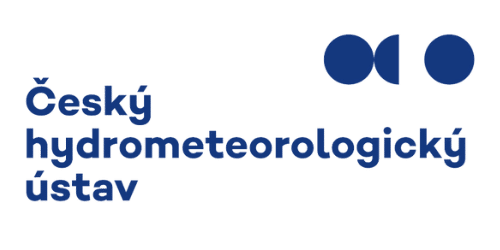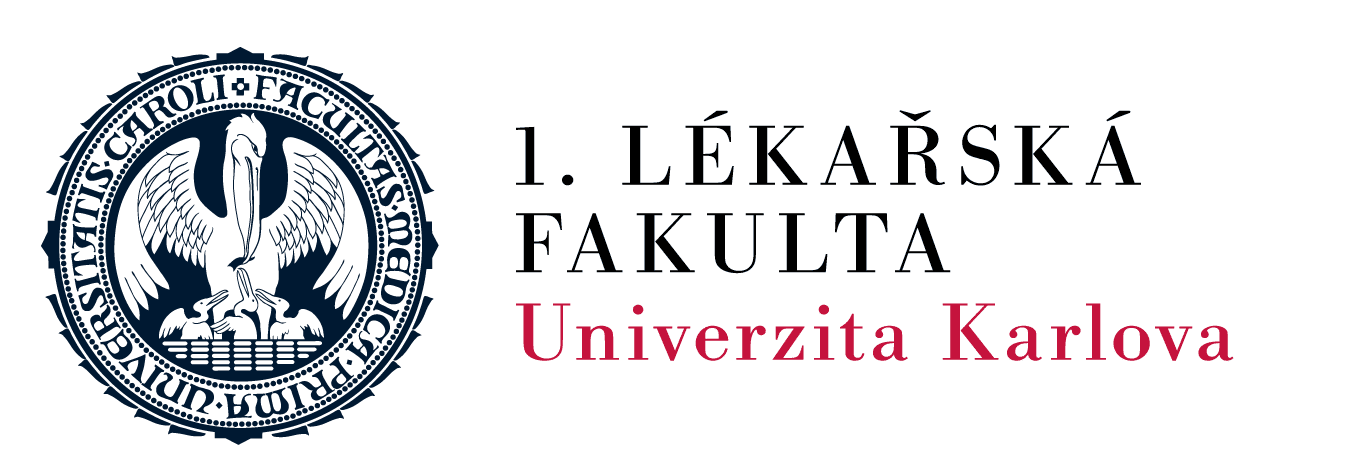
Brno (Mendelova univerzita) – 6. 6. 2024

Brno (Mendelova univerzita) – 7. 6. 2024
Master the art of data processing in the world’s most widely used statistical analysis software.
We will explain the principles and philosophy behind the R programming language, its functions, and how to use them. You will learn how to efficiently process data using basic statistical methods and how to visualize and correctly interpret analysis results.
Over the course of 2 days, you will be guided by Mgr. Patrik Galeta, PhD., an expert assistant at the Department of Anthropology, West Bohemian University in Pilsen, who specializes in statistics within demographic studies (see lecturer profile).
Hands-on practice takes place in the English version of RStudio. No need to bring your own laptop – we’ll provide one for you on-site. After completing the course, you’ll receive over 40 ready-to-use scripts to analyze your own data.

40+ fine-tuned scripts ready for your personal use
Course venue address

Zakupte si balíček 2 nebo více vybraných kurzů a ušetřete
Course duration
Explanation of basic statistical concepts
Basic information about the R programming language
Basics of working with statistical data in the R programming language
Practical examples of commonly used statistical methods in R language
Statistical analysis:
Practical examples to practice statistical testing methods and analysis

„Přestože s jazykem R pracuji již více jak 11 let, dozvěděl jsem se mnoho důležitých faktů, které mi coby samoukovi unikaly. Samozřejmostí je promítnutí těchto faktů do praktického využití, ať už se jedná o zefektivnění a zrychlení práce s R, tak především o teoretické základy, které pan Čapek vysvětlil naprosto bravurně. Jsem rád, že jsem kurz navštívil, protože při práci by mi jinak nastudování a pochopení principů, které stojí za různými typy testů hypotéz, trvalo roky. Kurz zabrousil též do pokročilejších metod. Vyzkoušeli jsme si základní zpracování časových řad, kdy jsme např. na čtvrtletní data nasazovali model a vykreslovali si grafy s předpovídanými hodnotami a konfidenčními intervaly. Za mě pořadatelé kurzu dostávají jedničku!“
Mgr. Ondřej Ledvinka, Ph.D., Český hydrometeorologický ústav

„Takto je to naprosto poprvé, kdy nám statistické metody někdo vysvětlil tak, že jsme dokázali pochopit i to, proč děláme to co děláme a jsme schopni to pak při práci i prakticky a především samostatně použit. Kurz byl zaměřen opravdu prakticky. Měl nevyhnutné množství teorie, no podstatnou část pak lektor věnoval praktické aplikaci statistických metod na jednotlivé úkoly v kontextu cíle, který daný úkol sledoval. Zároveň lektor velmi názorně vysvětloval jak o daných úkolech a aplikaci metod přemýšlet, co a proč se dělá a jak následně získané výstupy správně interpretovat.“
Vědecký pracovník, 1. lékařská fakulta Univerzita Karlova
The training will be conducted by Mgr. Patrik Galeta, PhD., an expert assistant at the Department of Anthropology at the University of West Bohemia in Pilsen. He specializes in statistical methods within demographic studies and also teaches a data processing course at the University of West Bohemia. In addition to instructing hundreds of students in statistical methods, he has also trained hundreds of participants in our courses.
The course takes place at our training center located at Kodanska 1441/46, Praha 10.
The price of the course is 14,900 CZK excluding VAT. The price includes the provision of tools and training materials, as well as refreshments during the course and lunch.
Payment is made via bank transfer based on the issued invoice.
4D Center
Kodaňská 1441/46
101 00 Praha 10
DataBon s.r.o.
Korunní 2569/108, 101 00 Praha 10
IČ: 09743804
DIČ: CZ09743804
© Copyright DataBon s.r.o.
Want to receive push notifications for all major on-site activities?

Zakupte si balíček 2 nebo více vybraných kurzů a ušetřete
Pod vedením zakladatele Datové akademie Dávida Tkáče mj. zjistíte: